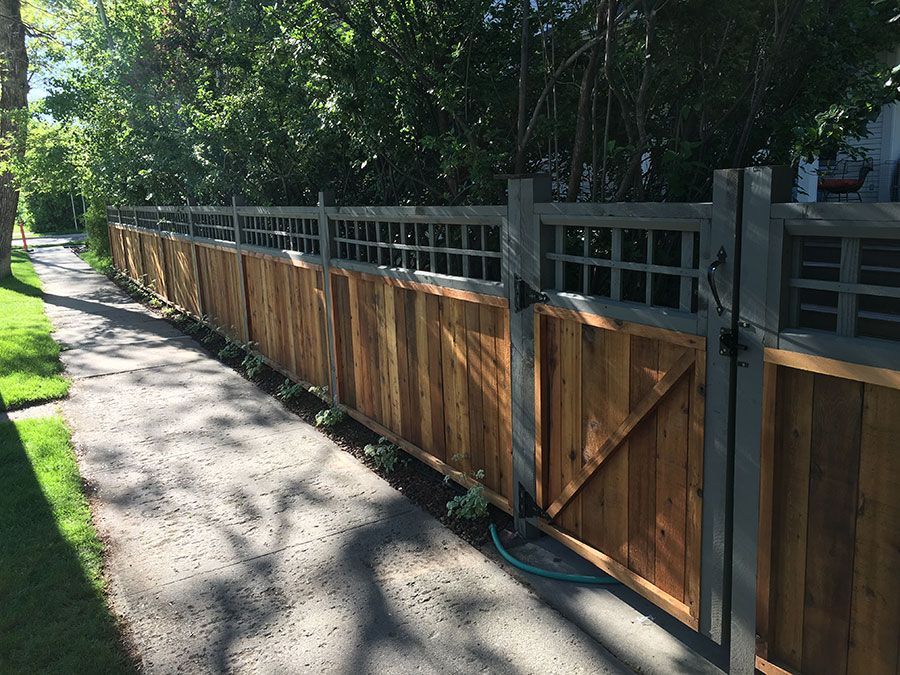Eco-Friendly Cleaning Methods for Your Fence
Harsh chemicals in traditional cleaning solutions can be harmful to the environment. Choose green alternatives like a mix of white vinegar and water, or biodegradable soap, to clean your fence. Baking soda is also an excellent natural abrasive for tougher grime.
Sustainable Fencing: Choosing the Right Repair Materials
When repairing your fence, choose materials that have minimal environmental impact. Recycled wood, bamboo, or composite materials made from recycled plastics are excellent options. These materials not only reduce waste but also often last longer, reducing the need for frequent replacements. Ensure old fencing materials are responsibly disposed of or repurposed whenever possible.
Sustainable Tools for Fence Maintenance
Power tools can be a significant drain on energy resources. Opt for energy-efficient or manually operated tools whenever possible. Solar-powered or rechargeable electric tools are a sustainable choice that minimizes your carbon footprint. Additionally, regular tool maintenance, such as sharpening blades and keeping parts lubricated, ensures they operate efficiently and use less energy.
